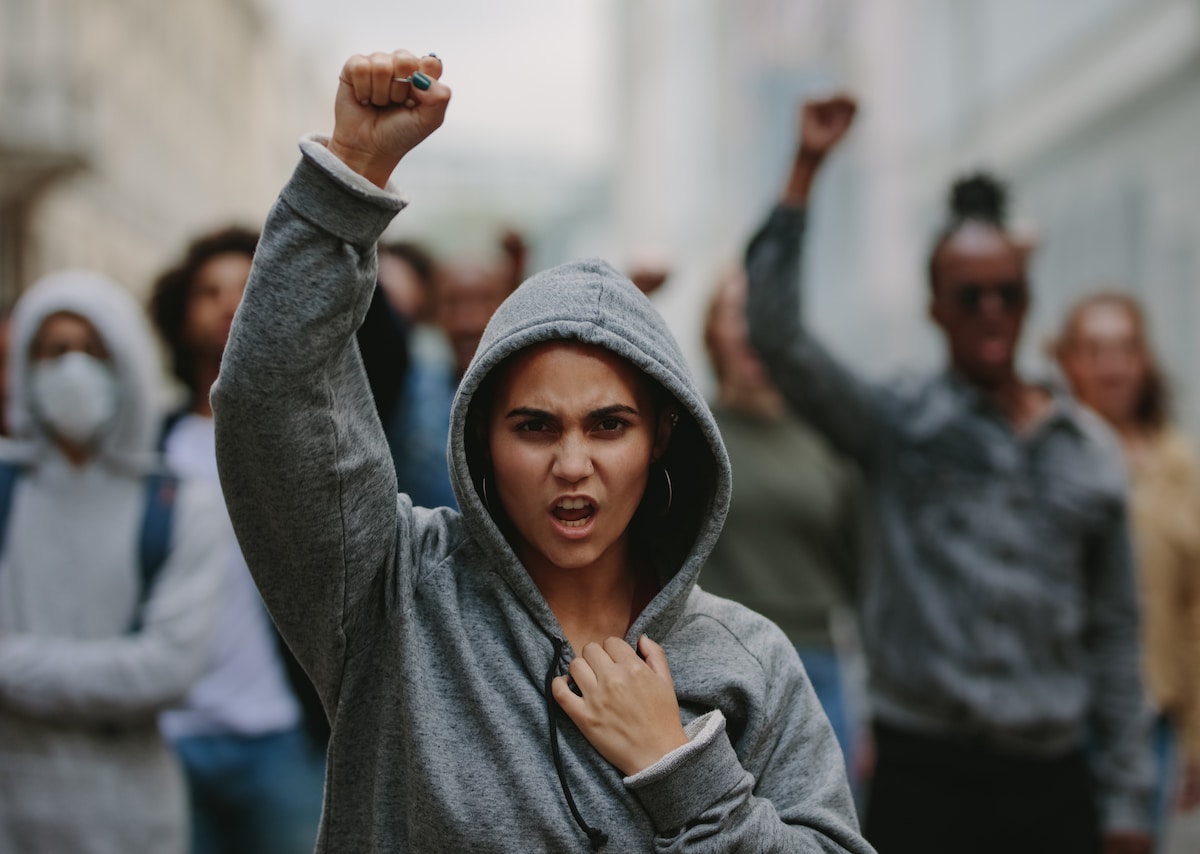A shift toward the right wing often heralds significant changes in a country’s policies, societal norms, and international relations. Right-wing politics typically emphasize national sovereignty, traditional values, and a market-oriented economy. Here are 21 signs indicating the UK might be moving in this direction, along with insights into why these shifts occur.
#1. Increased Nationalism
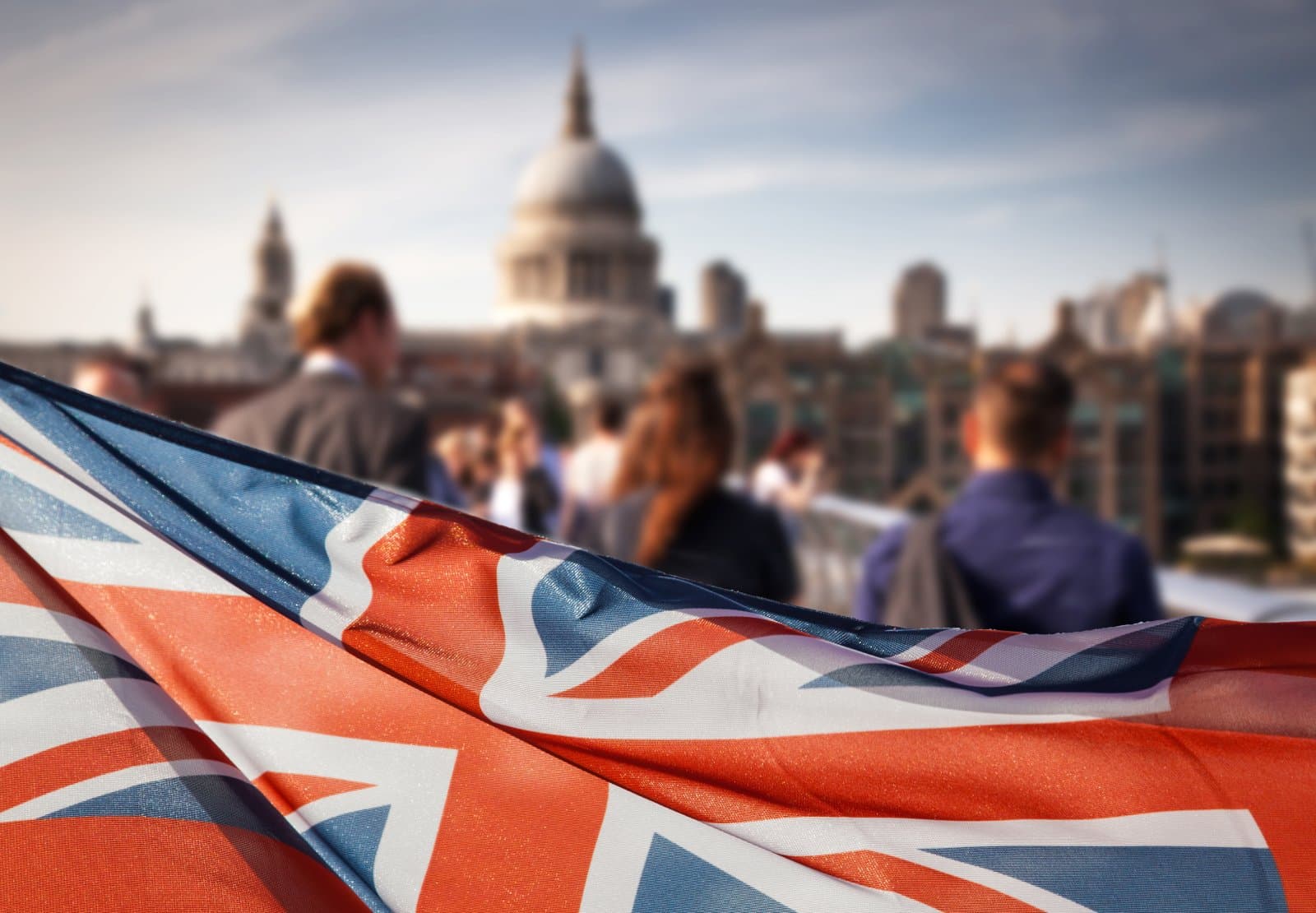
A surge in patriotism, emphasizing national identity and often coupled with skepticism of international institutions and agreements.
#2. Strengthening of Border Security
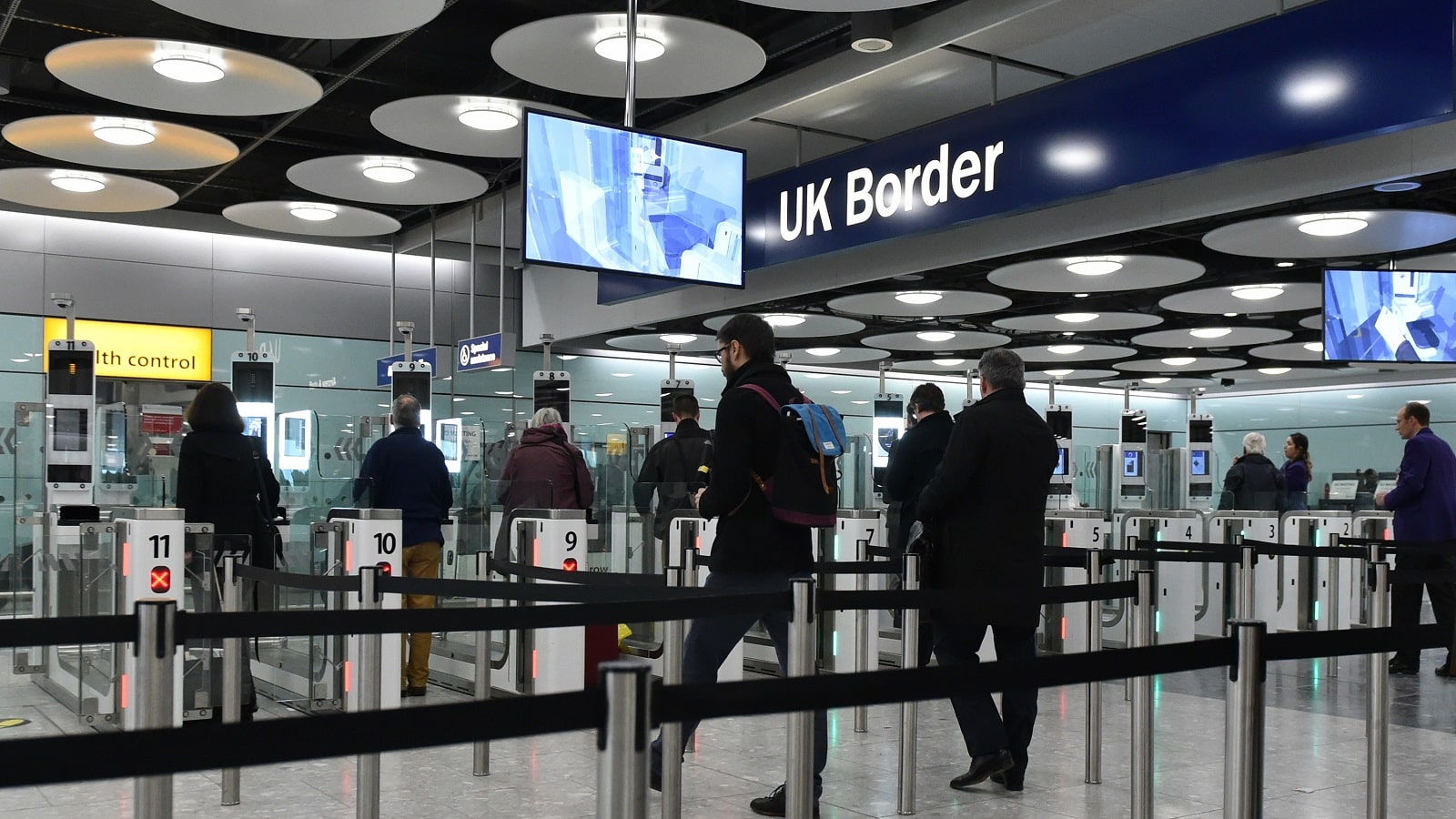
Policies become more stringent on immigration, with increased border controls and restrictions on migrants.
#3. Rise of Conservatism

Electoral gains by political parties advocating for stricter conservative values and policies, like Reform seeing gains.
#4. Shift in Economic Policies

A move towards free-market capitalism, deregulation, and reduced state intervention in the economy.
#5. Promotion of Traditional Values

Greater emphasis on traditional family structures, gender roles, and religious observance.
#6. Law and Order Focus

Implementing stricter laws on crime and order, often with increased penalties and law enforcement powers.
#7. Skepticism Towards Multiculturalism

A questioning or outright rejection of multicultural policies in favour of assimilation into a dominant culture.
#8. Increased Military Spending

A focus on national security leads to higher defence budgets and militarization.
#9. Reduced Emphasis on Social Welfare

Cuts to social programs and a push for individuals to rely more on private sector solutions.
#10. Changes in Education

Incorporation of nationalistic and conservative values into educational curriculums.
#11. Tighter Media Controls

Increased scrutiny and regulation of media to align with national interests or conservative values.
#12. Opposition to Globalization
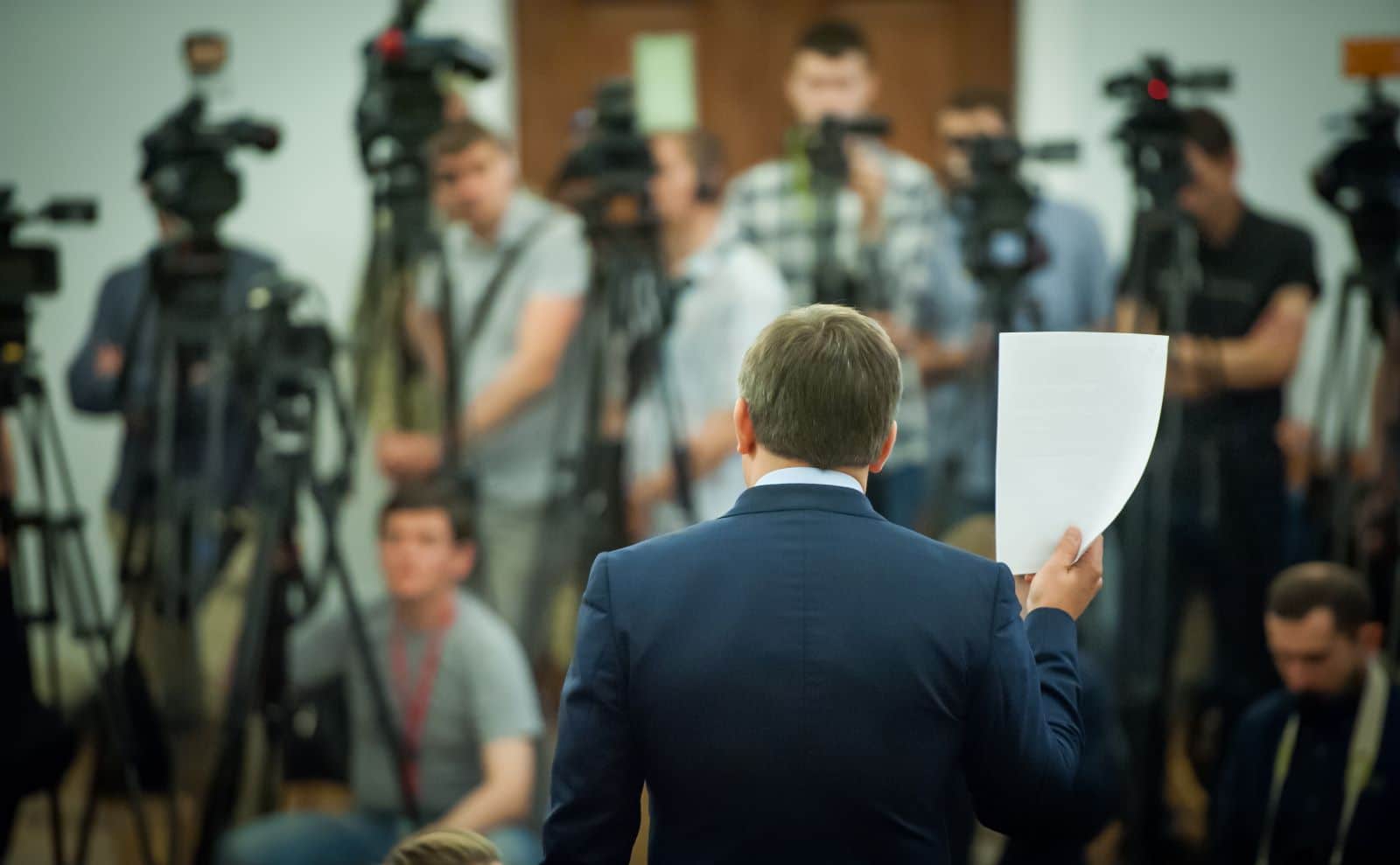
Policies that favour domestic industries and workers over global economic integration.
#13. Curtailing of Environmental Regulations

Deregulation favouring business interests over environmental protections.
#14. Judicial Shifts
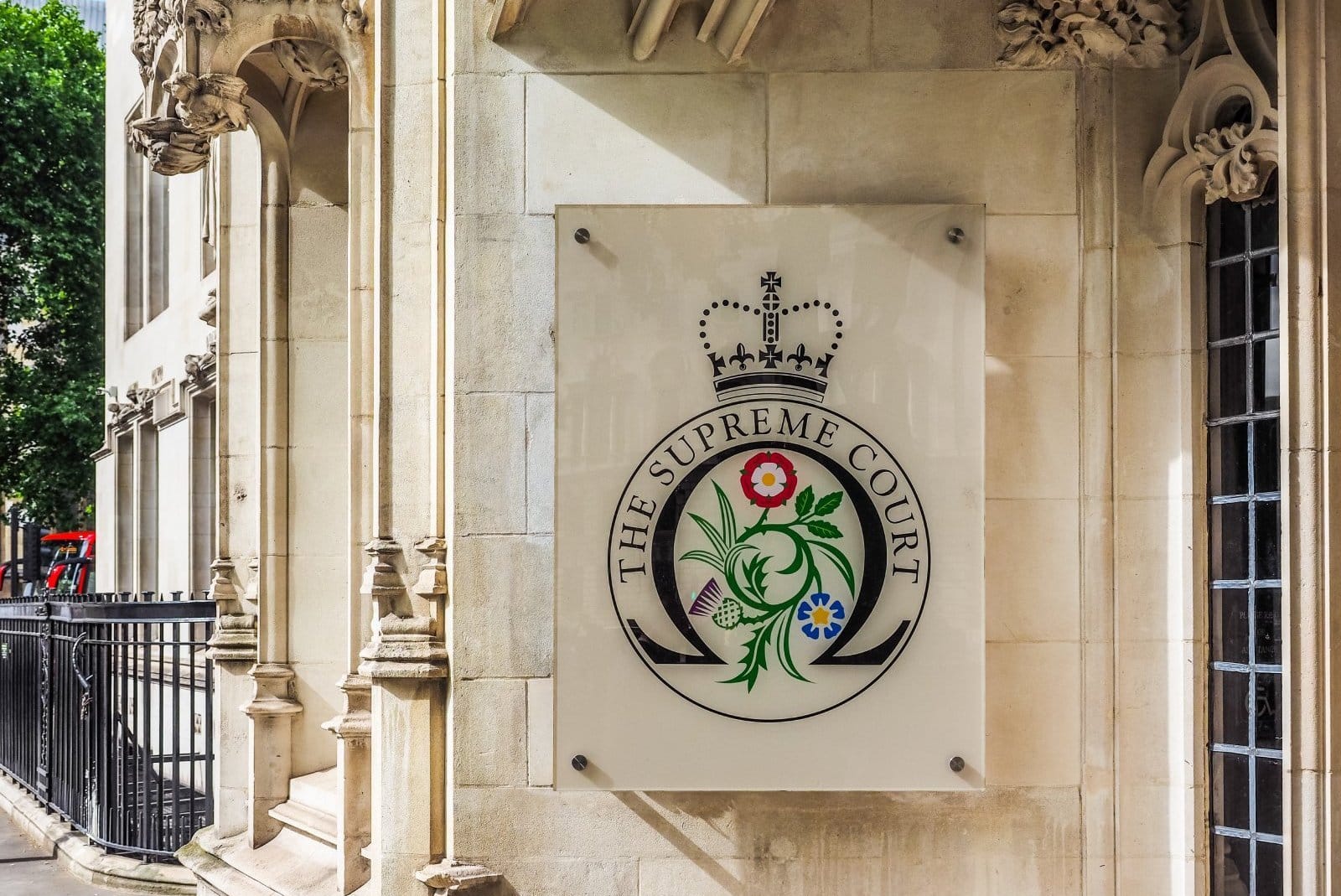
Appointment of conservative judges and changes in legal interpretations reflecting right-wing ideologies.
#15. Anti-LGBTQ+ Sentiments
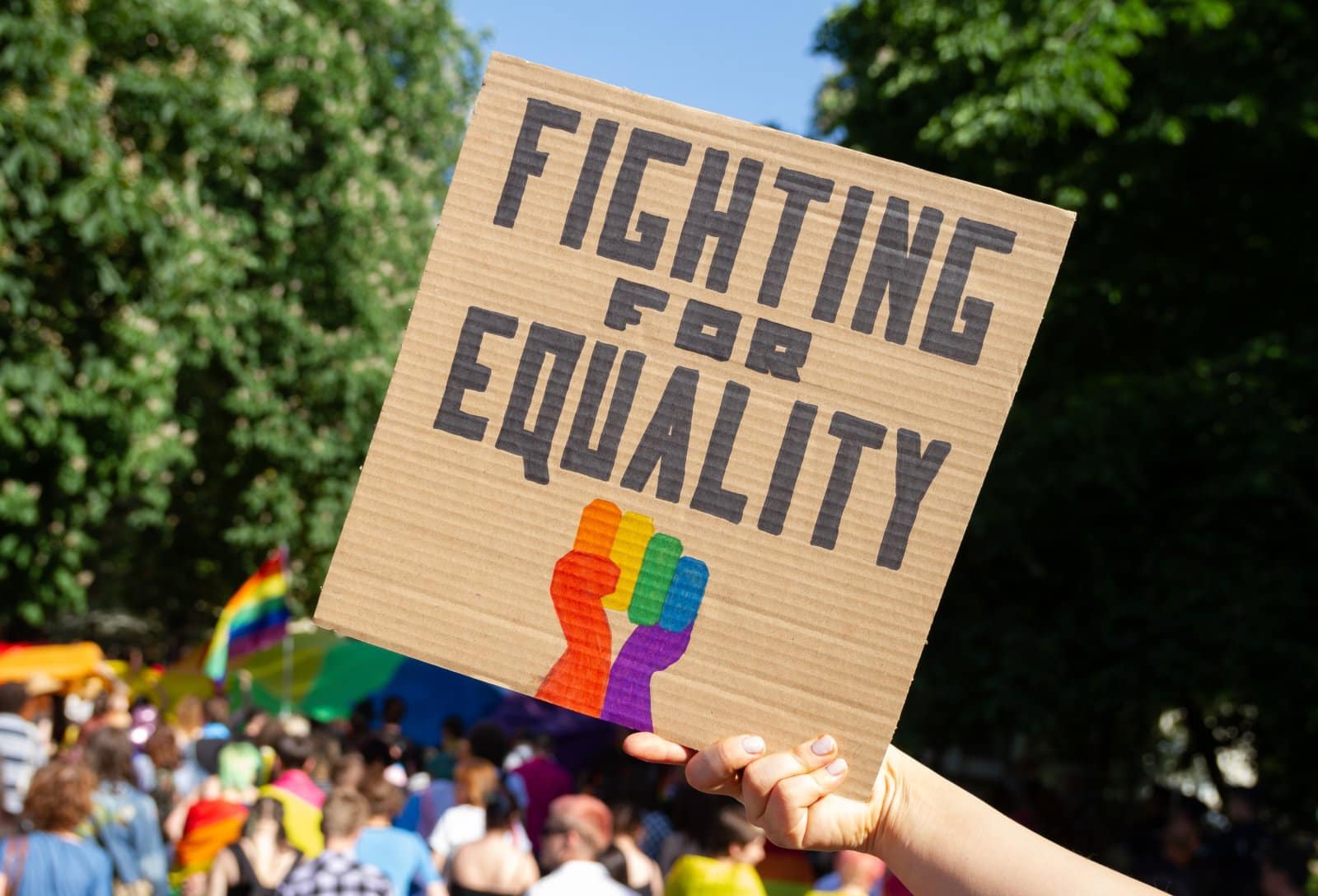
Legislation and policies that limit LGBTQ+ rights and freedoms.
#16. Populist Rhetoric

Leaders use populist appeals that emphasize the distinction between the “ordinary people” and the “corrupt elite.”
#17. Resistance to Change

A general resistance to progressive reforms and a preference for maintaining the status quo.
#18. Diminished Labor Rights
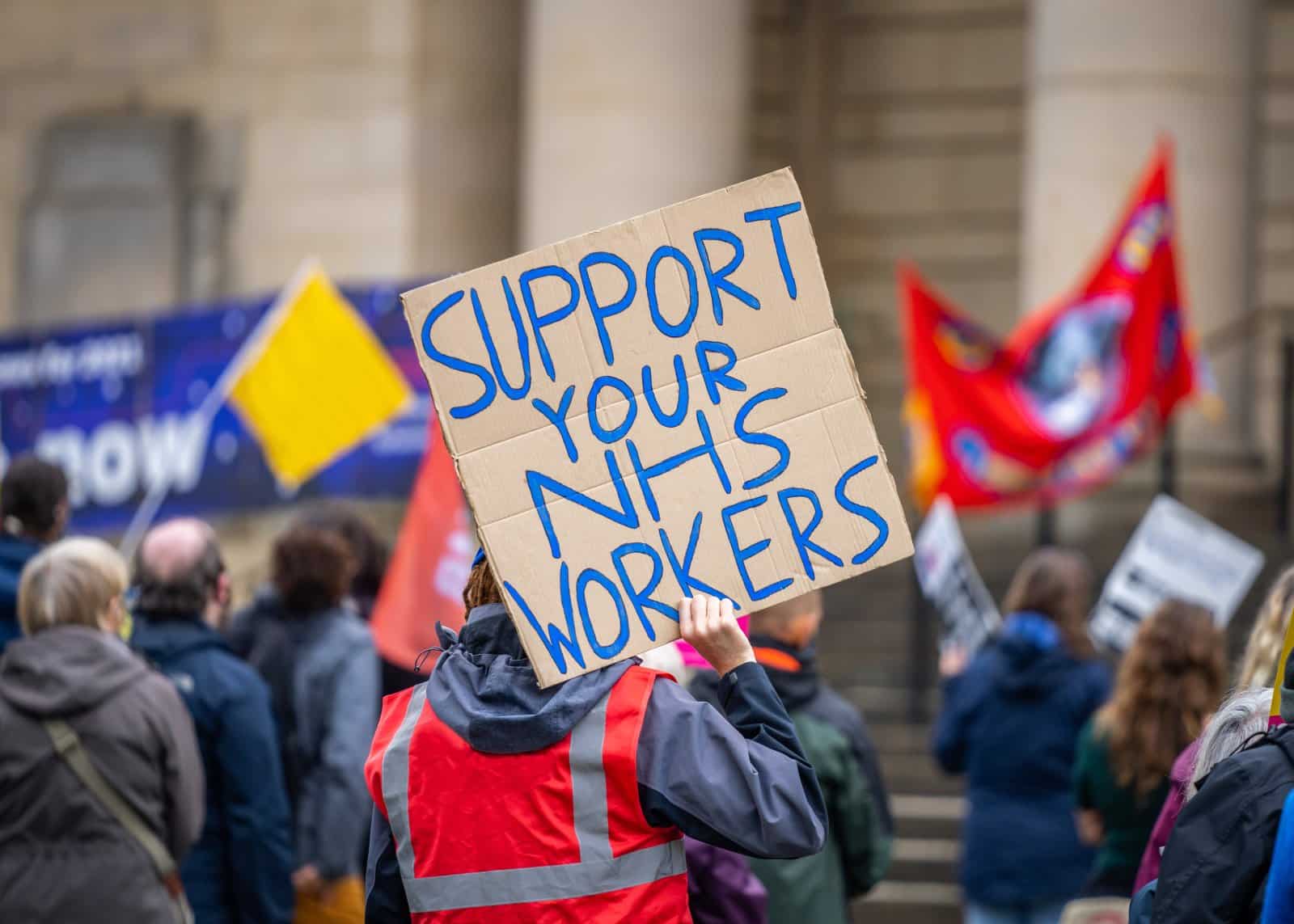
Weakening of labour unions and reduction of worker rights in favour of corporate interests.
#19. Rejection of Climate Change Initiatives
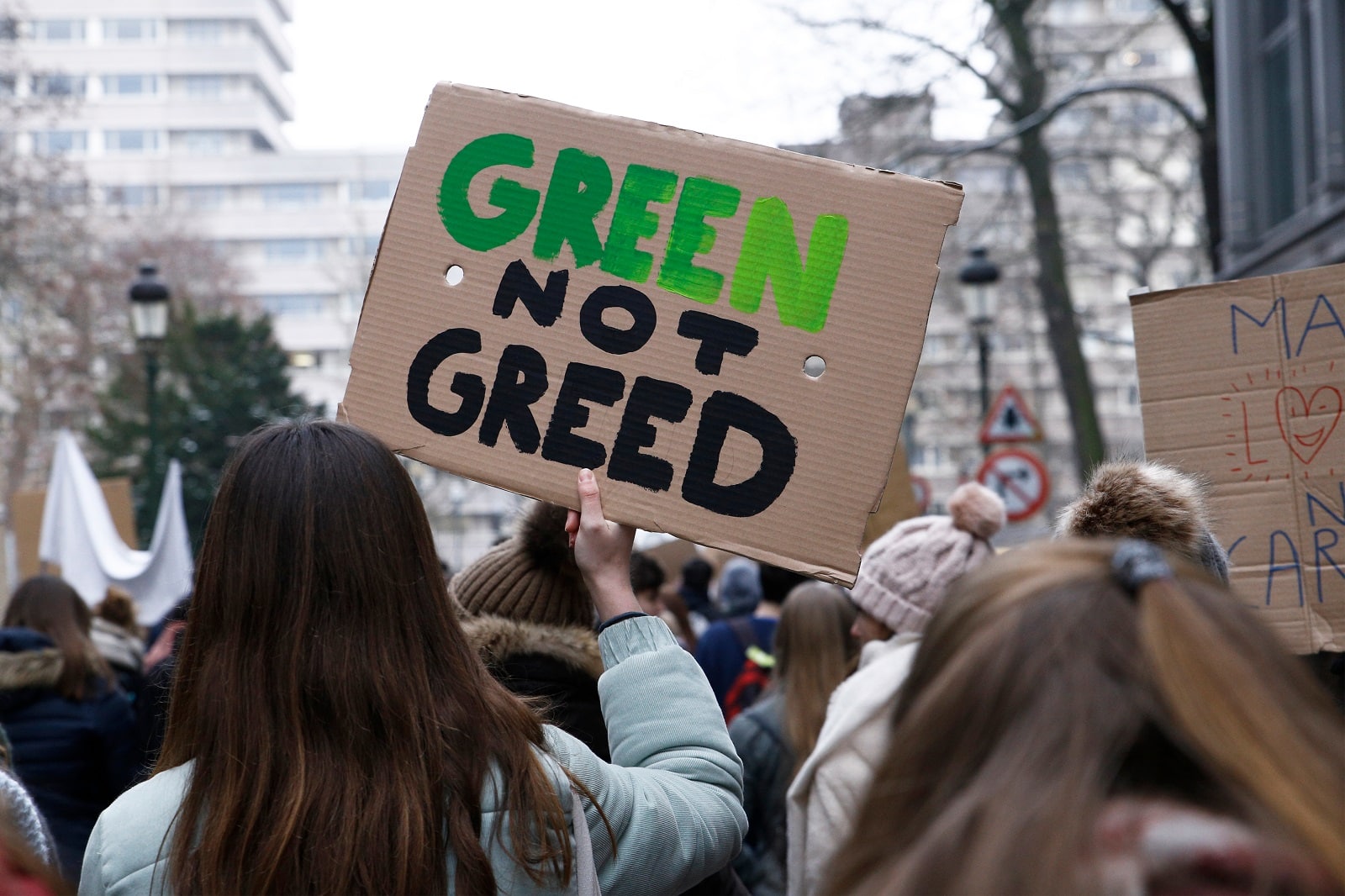
Scepticism or denial of climate change leading to withdrawal from international climate agreements.
#20. Favouring of Monoculturalism
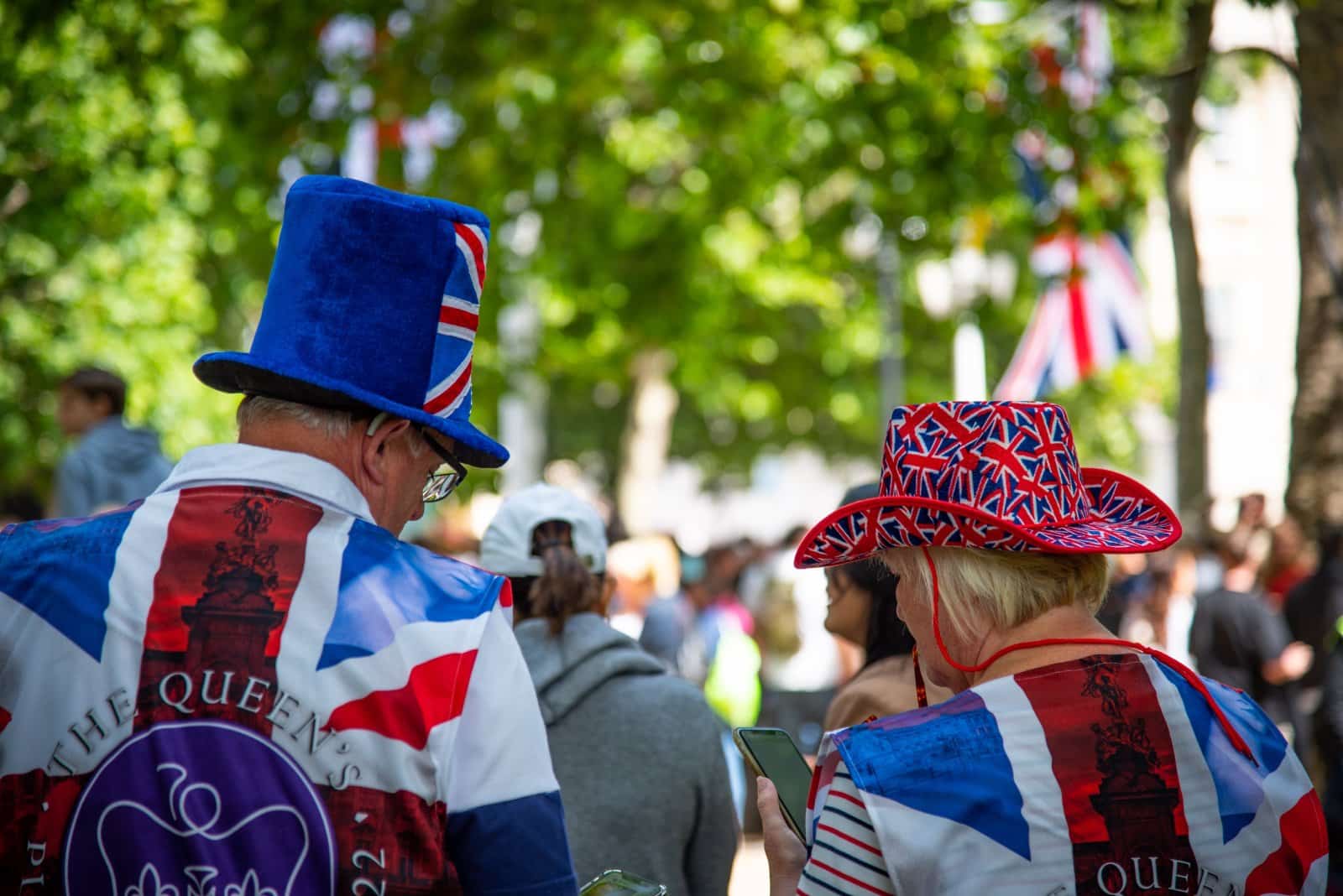
Policies promoting a single cultural identity at the expense of diversity.
#21. Enhanced Executive Power
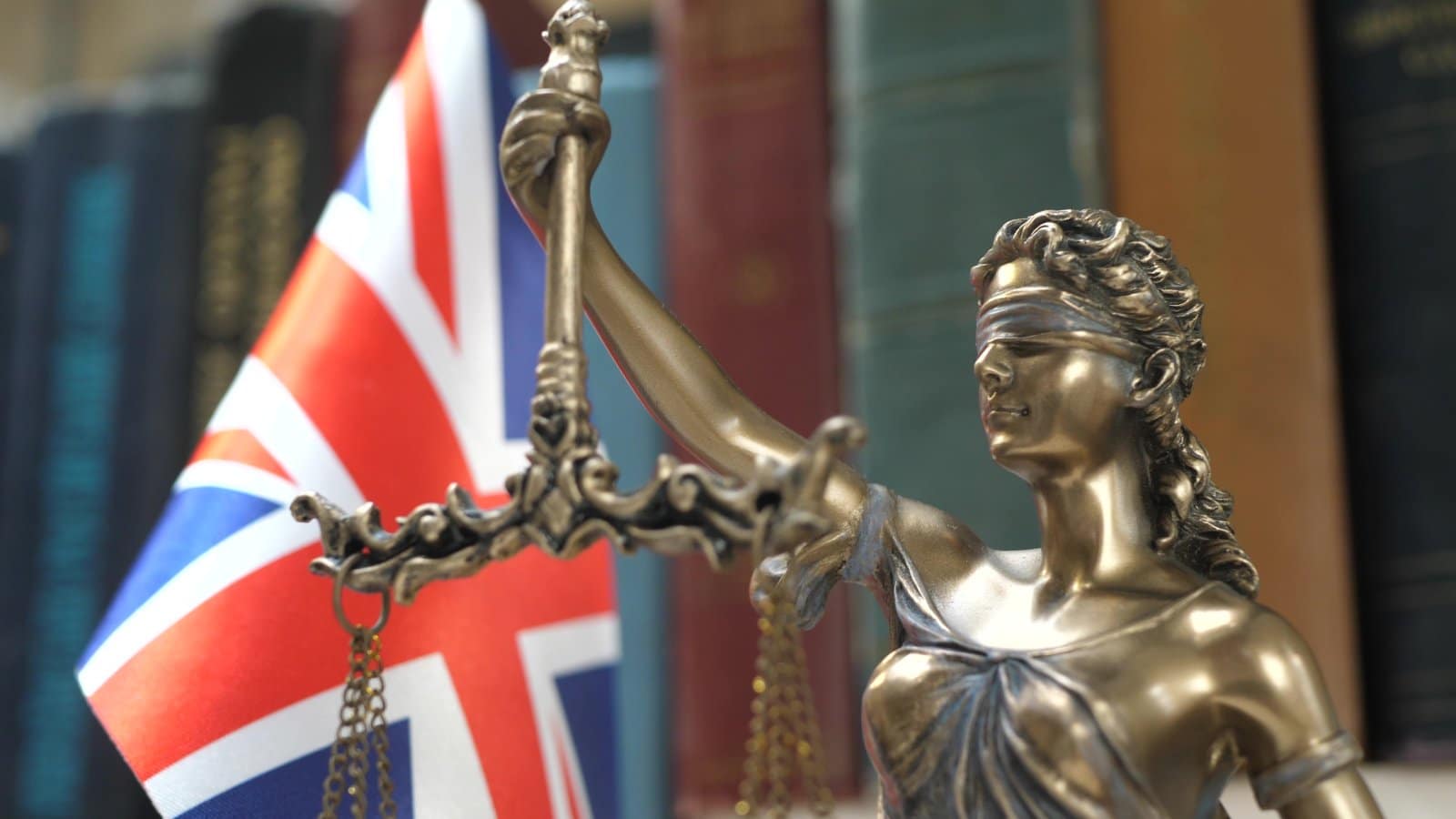
Expansion of the powers of the executive branch, often at the expense of legislative or judicial checks and balances.
Why the Shift Occurs
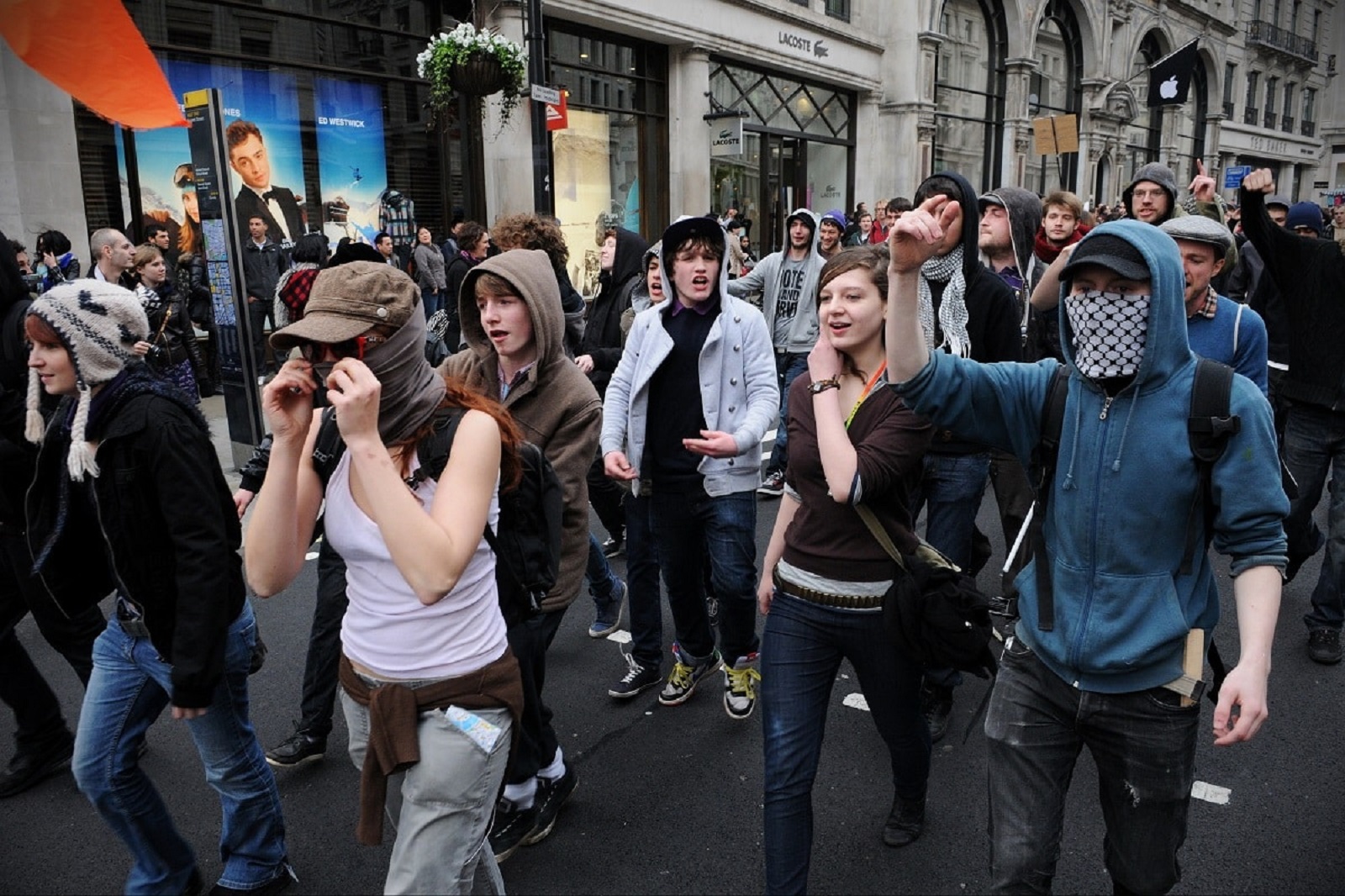
These shifts often occur in response to perceived threats or challenges to national identity, economic stability, or social cohesion.
Economic downturns, security incidents, and cultural conflicts can prompt a reevaluation of liberal or centrist policies, pushing the political needle towards the right. Additionally, charismatic leaders adept at tapping into societal fears and frustrations can accelerate this shift.
The Bottom Line
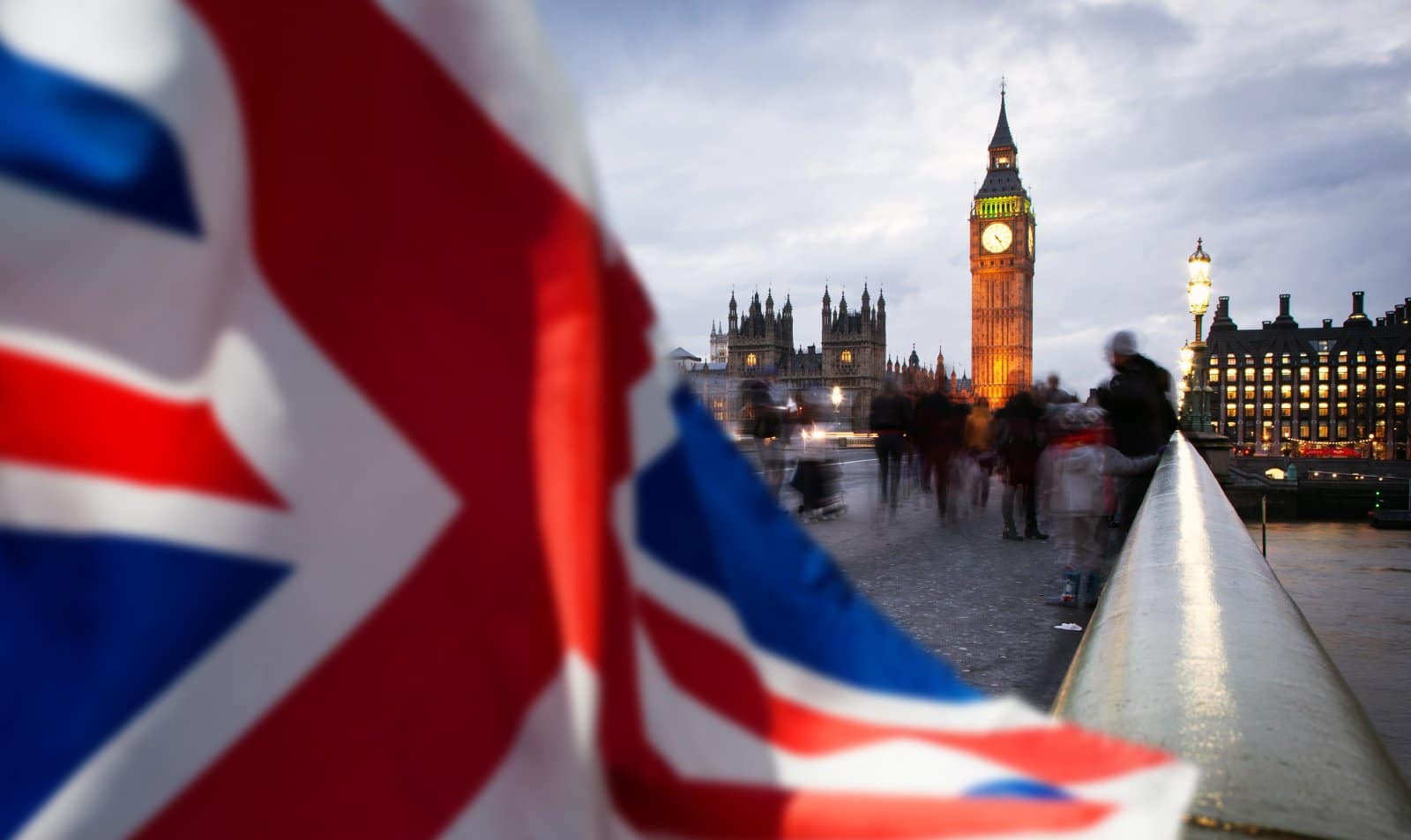
A country’s pivot to right-wing ideologies reflects deep-rooted concerns and aspirations among its populace. While such shifts can lead to significant policy changes and impact international relations, they also highlight the dynamic nature of political ideologies.
25 Things You CAN’T Talk About Anymore
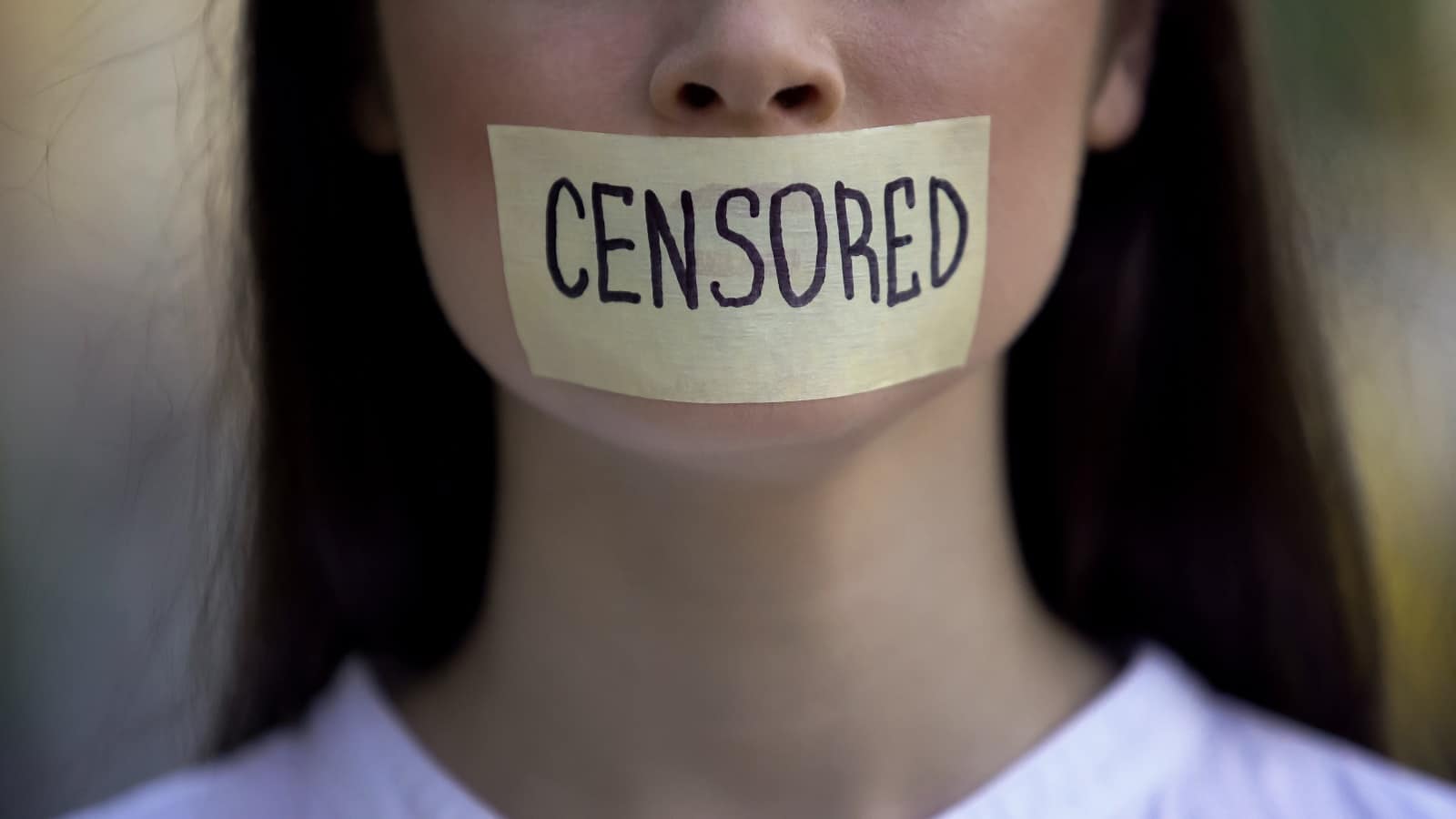
Remember the days when you could freely discuss just about anything without fear of sparking controversy? Well, those days are long gone. In today’s hyper-sensitive world, there are topics so fraught with tension that even mentioning them can lead to heated debates and hurt feelings. 25 Things You CAN’T Talk About Anymore
Stranded: 15 Worst British Cars in History
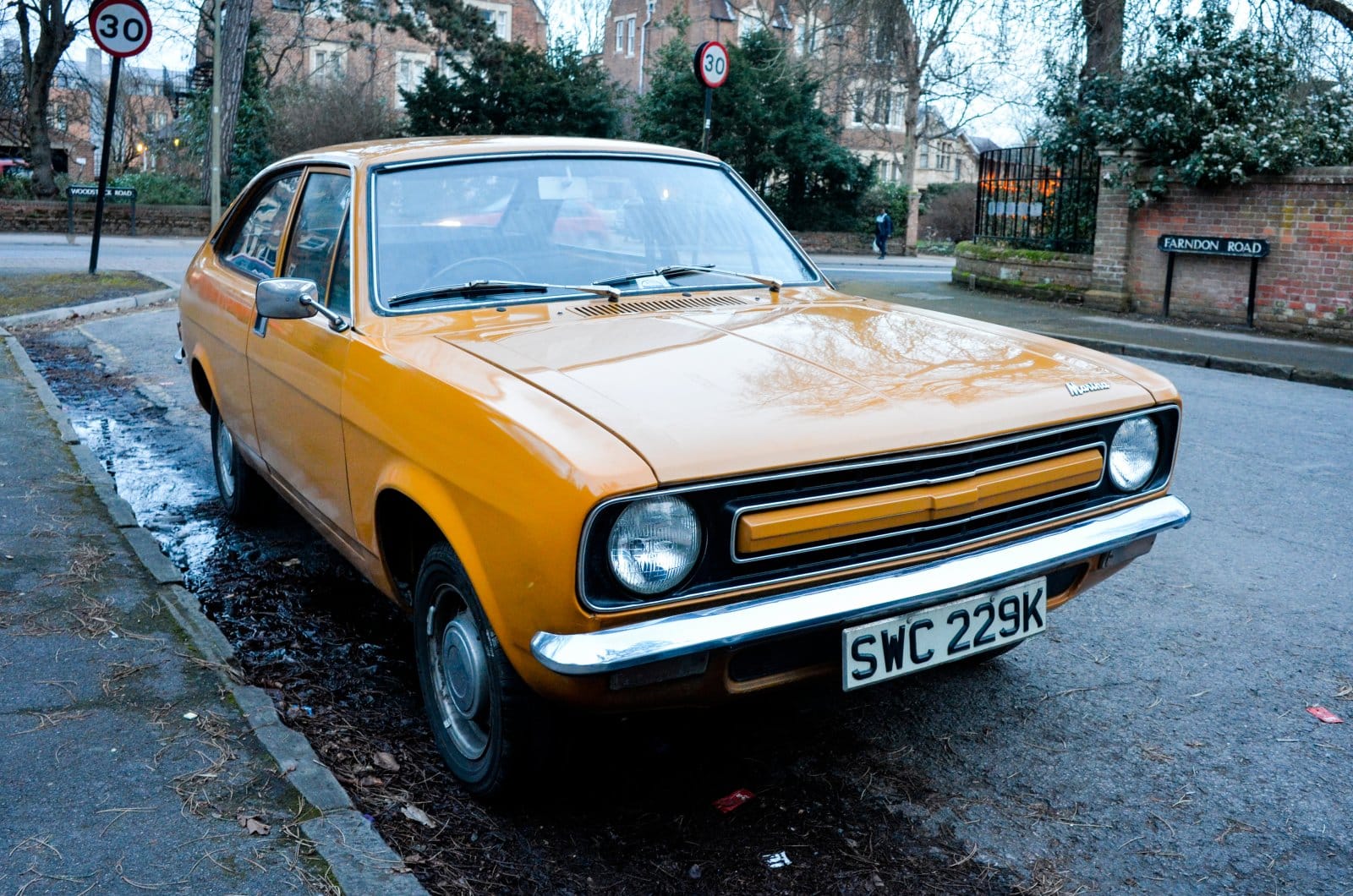
Ever had a car that spent more time with the mechanic than on the road? A car that turned every journey into a game of “Will we actually get there?” If so, you might just see a familiar face (or should we say, chassis) in our countdown to the most unreliable British car in history. Stranded: 15 Worst British Cars in History
“Britain Will Become Unrecognizable” – Suella Braverman Spells Disaster for UK Amid Steep Rise in Visas Issued

Former Home Secretary Suella Braverman has warned that Britain will become “unrecognizable,” criticizing the amount of work visas the Home Office has approved, despite only being removed from her role in November. “Britain Will Become Unrecognizable” – Suella Braverman Spells Disaster for UK Amid Steep Rise in Visas Issued
20 Things From the ‘70s That Are Not OK Today

Step into the time machine and set the dial to the 1970s, a decade of disco, bell-bottoms, and some rather questionable choices. While the ’70s gave us iconic music and groundbreaking TV, not everything from this groovy era would get a green light today. 20 Things From the ‘70s That Are Not OK Today
20 Best and Worst Universities in the UK
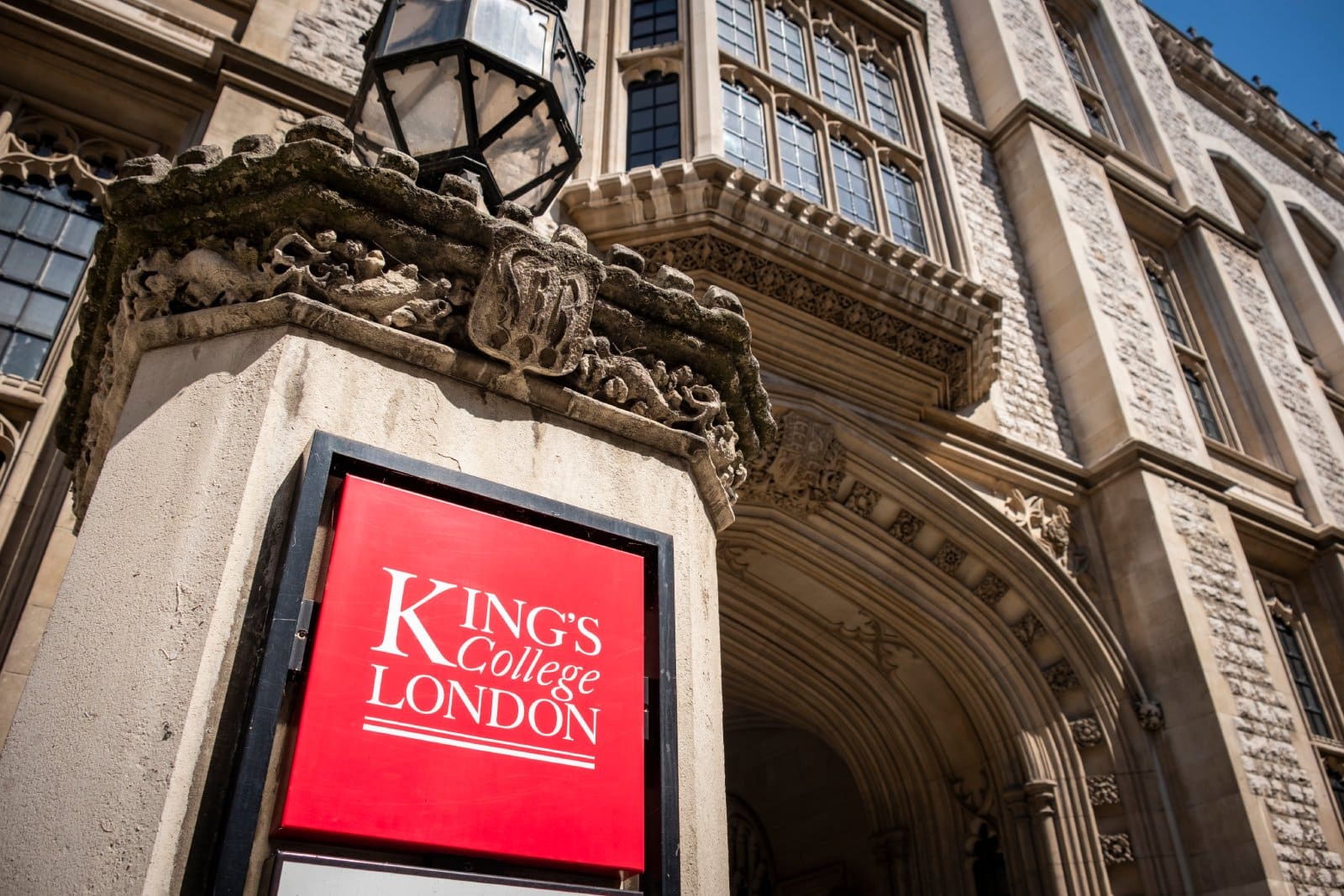
Navigating the UK university landscape is like deciphering a complex code of rankings, reviews, and reputations to uncover where you’ll not just learn, but truly flourish. Whether you’re drawn to the historic halls of Oxford or the creative buzz of Goldsmiths, finding your perfect fit is about aligning your aspirations with the unique offerings of each institution. 20 Best and Worst Universities in the UK
The post Liberalism Lost: 21 Ways the UK Has Shifted Right Recently first appeared on Edge Media.
Featured Image Credit: Shutterstock / Jacob Lund.
For transparency, this content was partly developed with AI assistance and carefully curated by an experienced editor to be informative and ensure accuracy.
Sarah Griffin is an experienced writer known for her incisive analysis of UK politics and human rights issues. Her work blends depth and clarity, providing insightful and often satirical commentary on the contemporary political landscape

